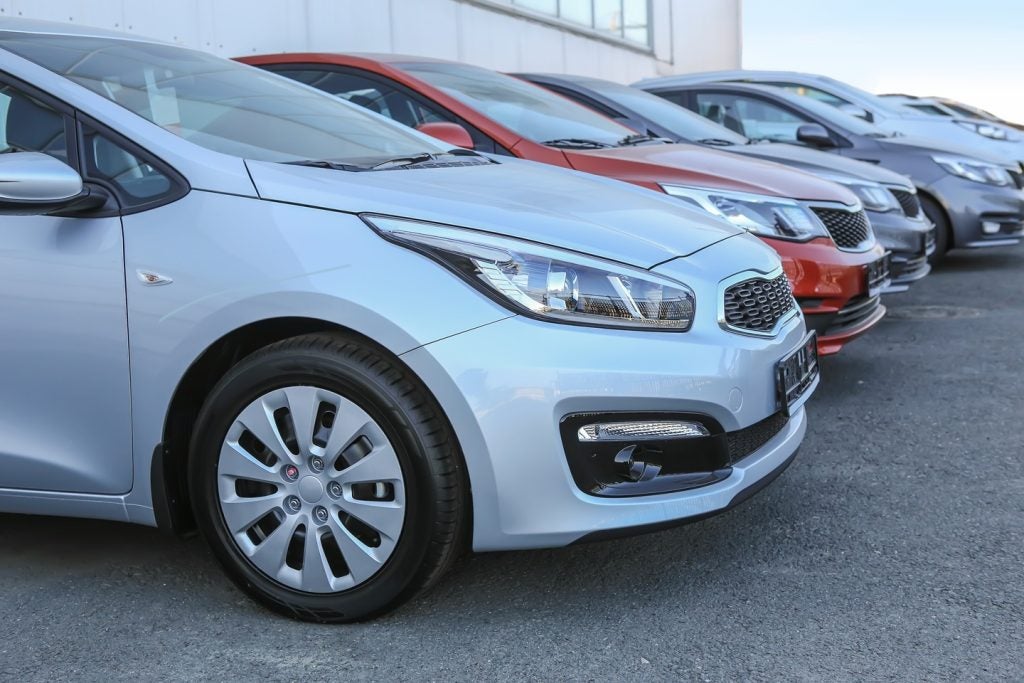Electric vehicles have yet to make
a significant impact on the European auto market, with fewer than 6
in 10,000 car sales being an EV.
Data from JATO Dynamics reveals
that, out of 6,629,818 European car sales in the first five months
of 2011, just 3,714 were EVs (0.056%).
 SMMT statistics show that out of 846,513 UK car
SMMT statistics show that out of 846,513 UK car
registrations in the first five months, 509 were EVs. UK EV market
penetration, at 0.06%, is slightly higher than the European
average.
Almost all UK EV sales were Nissan
Leaf vehicles registered in March and April (The Leaf went on sale
in March and 218 were sold in that month alone).
JATO research vice-president Gareth
Hession acknowledges there is interest in EVs, but it is mostly
limited to wealthy ‘early adopters’, who often buy them as a
supplement to their conventionally powered vehicle.
There may also be a problem,
Hession contends, when the early adopters try to sell on their EVs
in a few years’ time. There is no guarantee that a market will
exist for them.
How well do you really know your competitors?
Access the most comprehensive Company Profiles on the market, powered by GlobalData. Save hours of research. Gain competitive edge.

Thank you!
Your download email will arrive shortly
Not ready to buy yet? Download a free sample
We are confident about the unique quality of our Company Profiles. However, we want you to make the most beneficial decision for your business, so we offer a free sample that you can download by submitting the below form
By GlobalDataThe JATO report demonstrates EVs
are much cheaper when it comes to fuel costs – a Leaf costs 6p a
mile less to run than a VW Golf Bluemotion, for instance.
However, costing £7,000 less to
purchase, (even with the Leaf’s £5,000 government incentive), the
Golf is the more financially attractive option.
Hession casts further doubt on the
long-term viability of the EV. He highlights uncertainty about
residual values, and the specialist service and maintenance EVs
require, which may be expensive and less readily available.
“It is clear the inconvenience
factor will be as much a concern as cost for many, making EVs a
tough choice on the forecourt,” Hession says.
He also points out that, despite
zero tailpipe emissions, EVs still have a carbon footprint of
81g/km (the Bluemotion emits 99g/km) because much of the
electricity generated to power them is produced by burning fossil
fuels.
Hession concedes, however, that
true comparisons with conventional vehicles are difficult because
of the additional CO2 generated in the production and
transport of fuel.
Hession says that, despite low
expectations, EVs provide an excellent driving experience.
“They are refined, quiet and
responsive to inner city driving, where agility is key,” he
says.
But he concludes: “Clearly it is going to take a lot more than
that to increase their attractiveness. The financial and
environmental arguments need strengthening in order for the
‘electric era’ to become a reality.”







